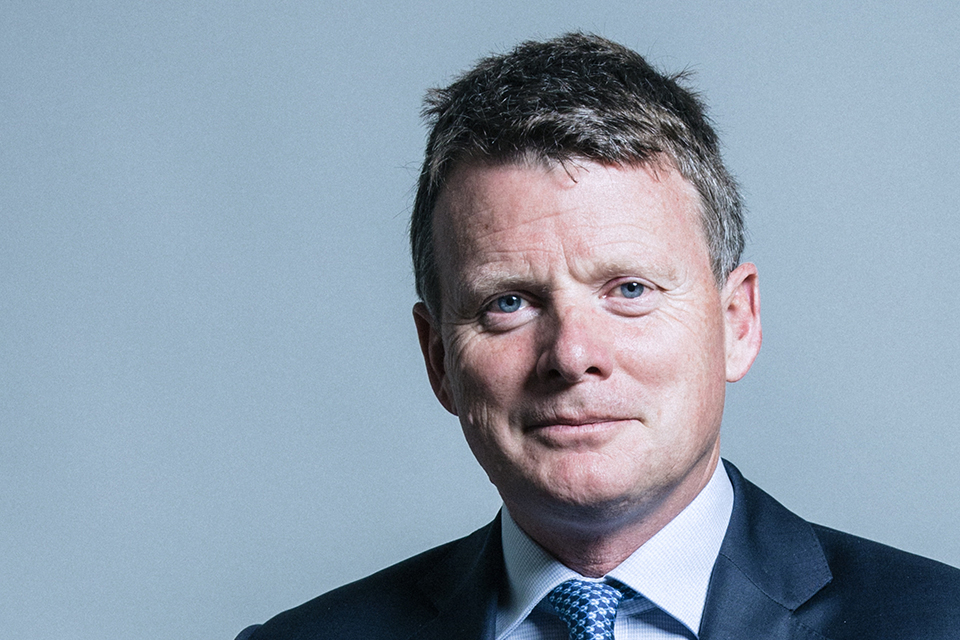Oral Ministerial Statement: Outcomes of December Fisheries Council
Richard Benyon, Fisheries Minister delivered the below speech to the House of Commons on Tuesday 8 January 2013.

I represented the UK at the fisheries part of the Agriculture and Fisheries Council in Brussels on 18-20 December. Richard Lochhead, Michelle O’Neill and Alun Davies attended for Scotland, Northern Ireland and Wales respectively.
The annual December round of negotiations for Total Allowable Catches (TACs) and Quotas is a difficult negotiation. This year was particularly challenging. UK fishermen were facing automatic 25% reductions in the time they can spend at sea, as well as significant decreases in TACs and quotas.
I entered this year’s negotiation clear in my mind that decisions on quotas, or days spent at sea, need to be based on three clear principles: following scientific advice; sustainability; and the need for continued discard reduction.
Mr Speaker, we adhered to these principles throughout and I am pleased to report to the House that the UK Government secured a deal that was good both for the health of our seas and the UK fishing industry.
We secured agreement to end automatic reductions to the number of days fishermen can spend at sea, overcoming the legal obstacles in the Cod Recovery Plan. The number of available days in 2013 will be at the same level as 2012, giving fishermen the time to fish sustainably, avoiding discards and juvenile fish.
The quota for North Sea cod in 2013 will be decided during the EU/Norway negotiations next week. We removed the requirement for this to be based on an automatic 20% reduction, instead enabling the quota to be set on the basis of scientific evidence. Reflecting the latest science the UK is calling for a rollover of the TAC to decrease discards, increase the likelihood of achieving Maximum Sustainable Yield (MSY) by 2015 and improving the stock biomass.
This outcome, together with our success in removing proposed restrictions on discard reduction programmes, means that our highly successful and ground breaking Catch Quota scheme, which effectively eliminates discards, can continue to grow and develop this year.
On fish quotas, where the scientific evidence showed that significant cuts in quota were necessary for the health of the stock we accepted them. For example: North Sea Nephrops, Celtic Sea herring and Rockall haddock. But where they were not justified we successfully managed to fight huge cuts to quotas across a number of different fish stocks. The proposed cuts to quotas were often not supported by the available evidence and would have led to an increase in the discarding of perfectly edible fish.
Successes included mitigating a 55% cut in South West haddock to 15%, a 48% cut in West of Scotland haddock to 30% and overturning a 12% cut to a 6% increase in Nephrops around Northern Ireland.
Because a number of stocks are improving we were able to increase quotas for them this year. For example, we secured increases in quota for plaice and sole in the Channel, Nephrops in West of Scotland and cod and whiting in the South West. We are also hoping to secure increases in many of the North Sea stocks, in line with the scientific advice, as part of the EU/Norway discussions next week.
Through the night the UK team battled hard to reach an agreement that ensures the long term sustainability of fish stocks, whilst providing short term catching opportunities for our fishing industry. The package we secured helps all sectors of the industry, large and small, and delivers benefits for all parts of the UK - north, south, east and west.
This was a good result for the UK fleet and for sustainable exploitation of the fish on which our fishermen depend. It also supports our wider objectives on the reform of the Common Fisheries Policy and it was a timely coincidence that the European Parliament were voting on CFP reform at the same time that the annual quota negotiations were taking place.
I was very pleased that ambitious provisions to eliminate discards, set fishing rates sustainably and allow for regional decision making were voted through. This was an important step forward for the reform process, and bodes well that the final package we will negotiate this year will include the radical reforms we all agree are needed.